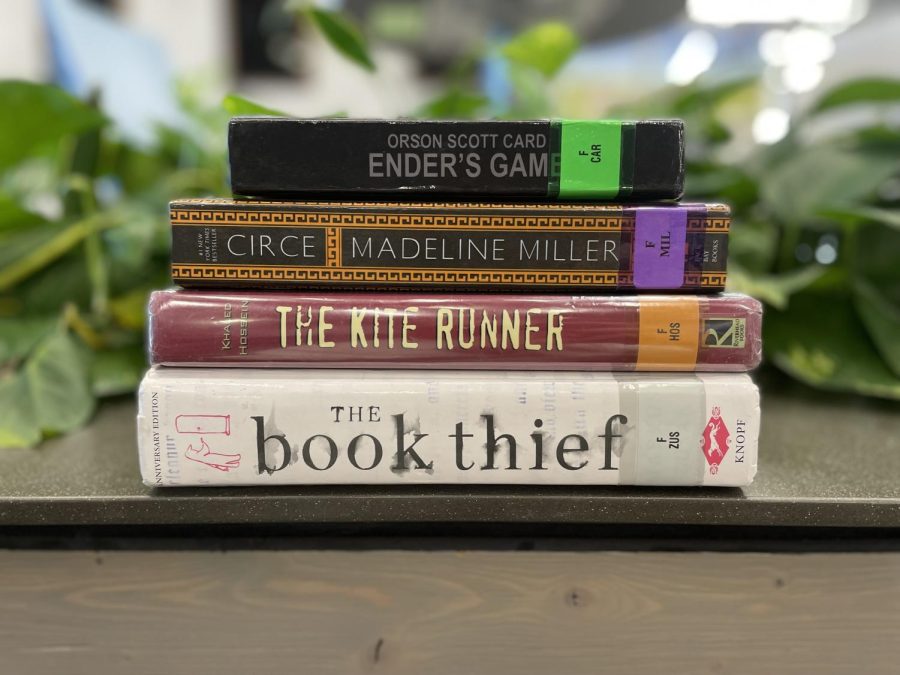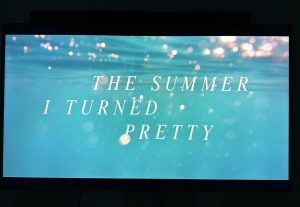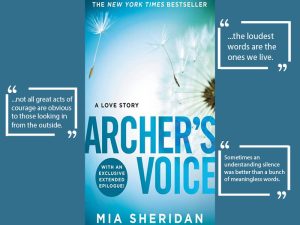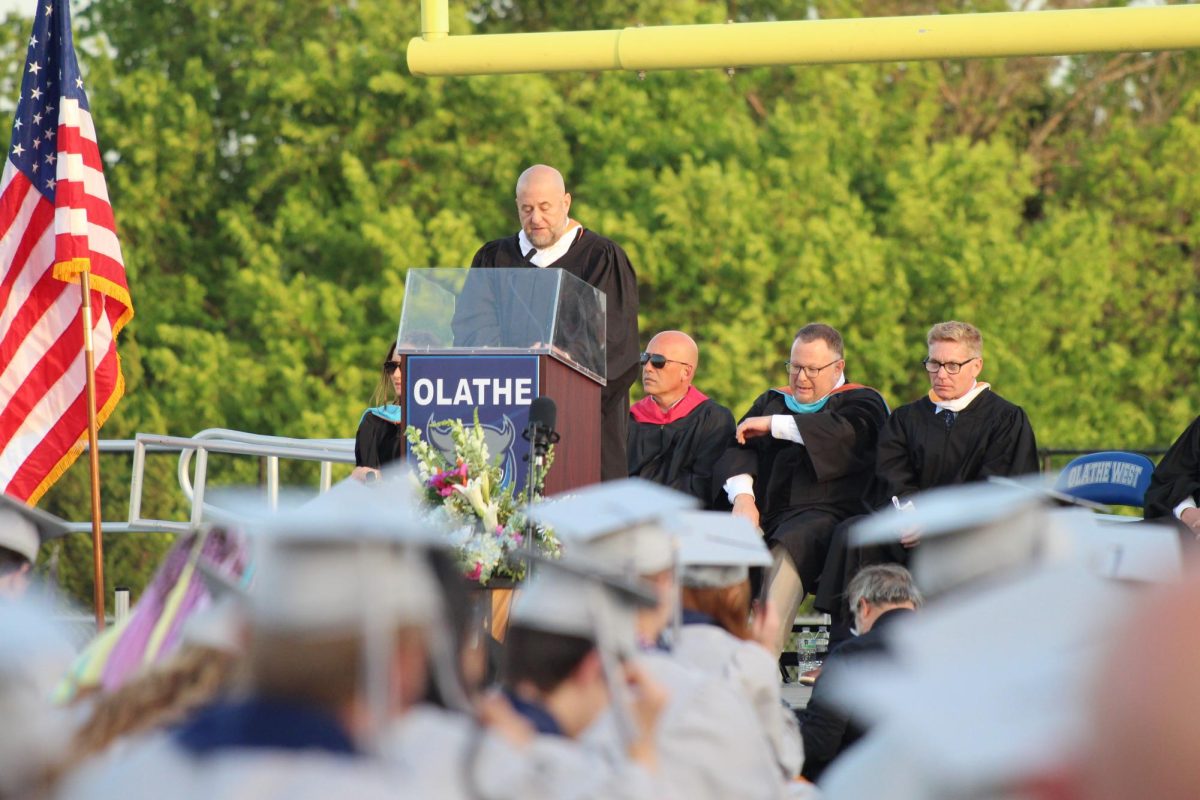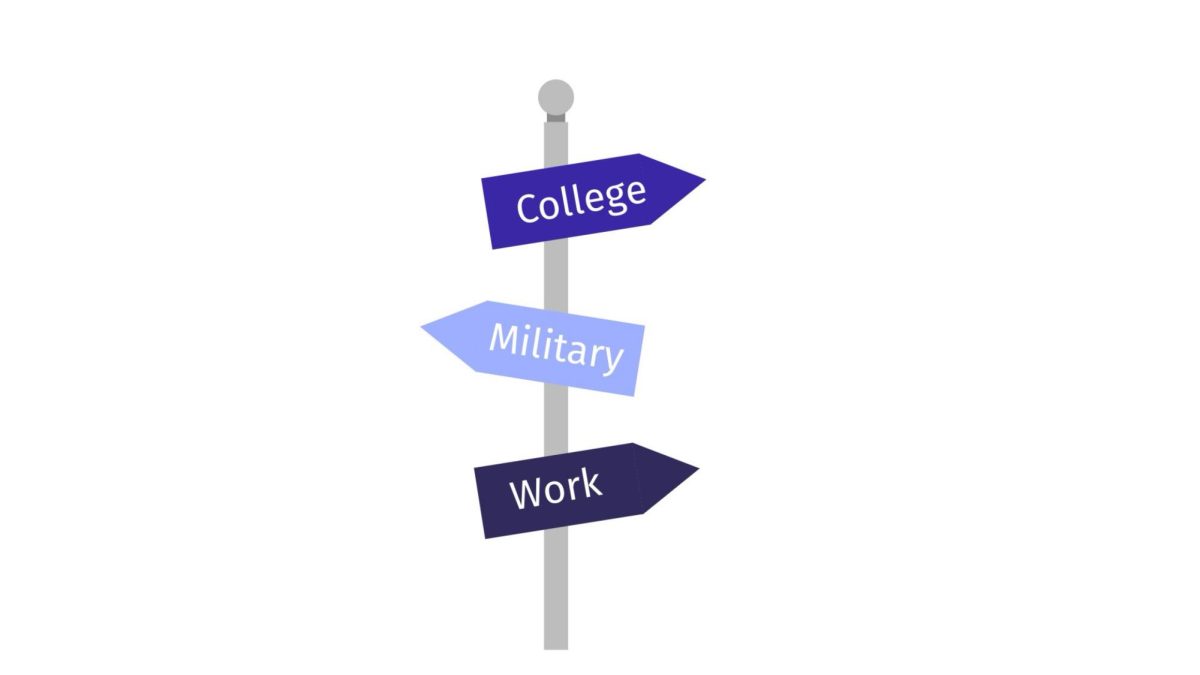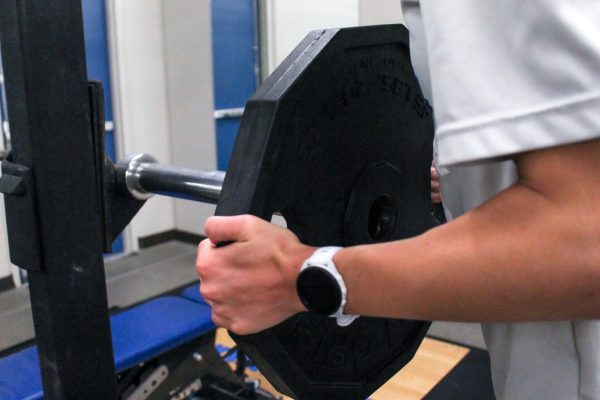Opinion: The Future of Classics
November 22, 2022
The definition of a “classic” is for the work to be judged over a period of time, to be of the highest quality and outstanding of its kind. Classic books are a prime example of this. Everyone is aware of the most famous classics including “Pride And Prejudice,” “Wuthering Heights,” “The Great Gatsby,” and “A Christmas Carol.” We know the classics of the past, but what will the future of “classics” look like?
As a reader, I have read many classics including novels from Jane Austin and Charles Dickens. These books trapped me in another world, from writing style to word choice, reminding me how modern we have become.
When we look ahead a century or two, what will be considered to be the classics of our generation? Comedies? Books about grief? Mysteries? The possibilities are endless.
While trying to find the content that could be considered a new ‘classic,’ it is important to recognize how spectacular the already classic books are.
“I absolutely love anything by Charles Dickens,” junior AP English teacher Brady Field said. “Among my favorites of his are ‘A Tale of Two Cities’ and ‘Great Expectations’. I also really love ‘War and Peace’ by Leo Tolstoy. I remember being blown away at how Tolstoy weaves history and philosophy into his fictional narrative. Harper Lee’s ‘To Kill a Mockingbird’ is also a book that I frequently come back to—it’s just so well-written and it has a great message.”
A good classic isn’t only recognized by its popularity. It could be an amazing book, loved by many, and still not quite make the top tier list of literature, because of its poor English style writing. Contradictory to what some may think, classics are not only the most liked book. In fact, most classics were very controversial for their time, touching on topics such as women’s rights and the roles of family members.
“I think we have to consider what makes a classic a classic,” William Schowalter, AP English Language and Composition teacher said. “…It has to be a well-written book that people will enjoy and appreciate for years to come… it has to carry some significant cultural weight… and content of the piece should be somewhat universal in the sense that they will always find an audience who understands or identifies with them. If a piece of literature can manage all three of these, it is important and relevant, and will remain important and relevant for future generations.”
Some of Schowalter’s books thought to become future classic include: “Life of Pi” by Yann Martel “Circe” by Madeline Miller, and “The Kite Runner” by Khaled Hosseini. All of these novels tell incredible stories of perseverance, and have masterfully crafted thought put down within the pages.
Having new ‘classics’ can prove to be seemingly difficult, because society is so used to having the classics written in the 1900s.
“In some ways, I think the term “classics” suggests books written prior to the 1960s, so maybe a better term to describe these more contemporary works would simply just be “great books,” Field said. “Some books I expect to be considered great in the future are “The Poisonwood Bible” by Barbara Kingsolver and “The Remains of the Day” by Kazuo Ishiguro. Both have great themes, interesting characters, and provide readers with a glimpse into an important social and historical context.”
Personally, a future classic I see coming is “The Invisible Life of Addie LaRue.” I thought this novel was very interesting, and I liked the overall story.
I am still reading books currently, and am on the lookout for more classics on the rise.


